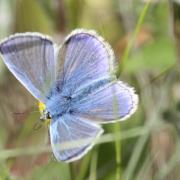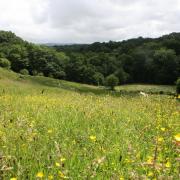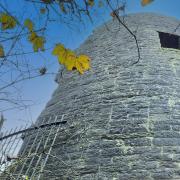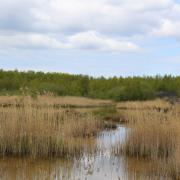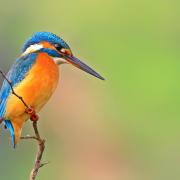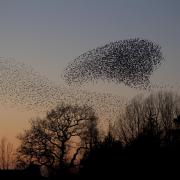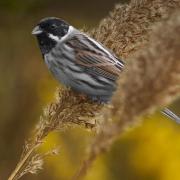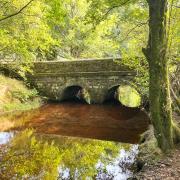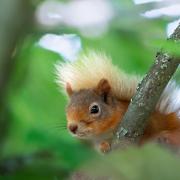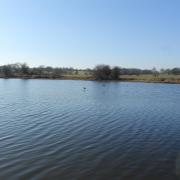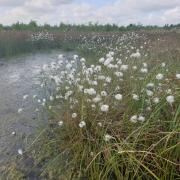A new area of saltmarsh near Hesketh Bank makes the Ribble estuary an more important place for birds
The Lancashire coast is already a vital place for tens of thousands of migrating birds but a new reserve has made the area even more important. The RSPB site near Hesketh Bank on the south of the Ribble estuary is already proving itself to be a valuable new habitat for thousands of breeding, wintering and migratory birds.
Hesketh Out Marsh was originally part of the estuary’s saltmarsh but was transformed into agricultural land nearly 30 years ago after it was enclosed by a private outer sea embankment.
As recently as 2006 the land was used for growing crops but for the past four years, the RSPB has been working with the Environment Agency to return 370 acres of the site to saltmarsh, a grassland habitat which floods at the highest tides.
Although the site was officially opened in the autumn, birds had been making themselves at home for a while by then. ‘We had avocets coming onto the site while work was still going on,’ said site manager Tony Baker. ‘The instant success was fantastic. The avocets have bred here now and we expect the numbers of species coming here to continue growing.’
The Ribble estuary is the most important single river estuary for birds in the UK and is designated a Special Protection Area for its over-wintering waterfowl and a Site of Special Scientific Interest for its estuary habitats and birds.
This new saltmarsh reserve is expected to be popular with pink-footed geese, wigeons, teals and other wildfowl in winter, along with big flocks of golden plovers, lapwings and black-tailed godwits. In spring the marshes are alive with the sight and sound of displaying waders, including avocets and lapwings.
Gaps were knocked through the outer sea wall and a series of creeks and channels were dug out based on aerial photos of the site. This has encouraged the rapid creation of a new ecosystem with the tide bringing in a multitude of creatures, fish and plants that thrive in saltmarsh.
‘Saltmarshes are important because they are a threatened habitat, and are increasingly threatened by climate change and rising sea levels. They provide a habitat for plants, animals and migratory birds and they are an important flood defence.
‘A large percentage of the world’s birds are dependent on our saltmarshes for their survival and the work we have done at Hesketh Out Marsh to restore what was there before will encourage more wildlife onto the site.’
Hesketh Out Marsh is open from 8am to 6pm or dusk if it is earlier. Entry is free. For more information go to www.rspb.org.uk/heskethoutmarsh.



